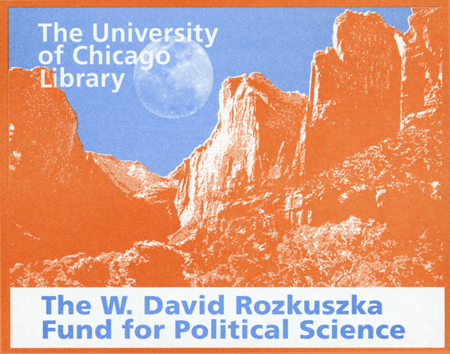Review by Choice Review
This thoughtful book considers some of the policy alternatives available when relatively democratic societies emerge from tyrannical conditions. Especially since the end of the Cold War the concept of transitional justice has been intensively researched in relation to variables such as "truth" (the documentation of extensive human rights abuses), criminal justice, reparations, and reconciliation. For scholars, the potential role of collective forgiveness was somewhat neglected prior to the widely praised Truth and Reconciliation (TRC) hearings conducted in postapartheid South Africa. Amstutz (Wheaton College) studied that TRC process and somewhat comparable efforts in Chile, Argentina, and (questionably) Northern Ireland. Ranging even beyond the cases that he examined in situ, he concludes that the South African model comes closest to his ideal of restorative (as opposed to retributive) justice. Compared to related publications, this volume complements Politics and the Past, ed. by John Torpey (CH, Apr'04, 41-4930), with its focus on reparations, and the eclectic, less cohesive essays in Genocide, Collective Violence and Popular Memory, ed. by David Lorey and William Beezley (2001), which is nonetheless an impressive set of readings. Amstutz's analysis will be of interest to students of religion as well as politics and is accessible to nonspecialists. ^BSumming Up: Highly recommended. Upper-division undergraduates and above. P. G. Conway SUNY College at Oneonta
Copyright American Library Association, used with permission.
Review by Choice Review

